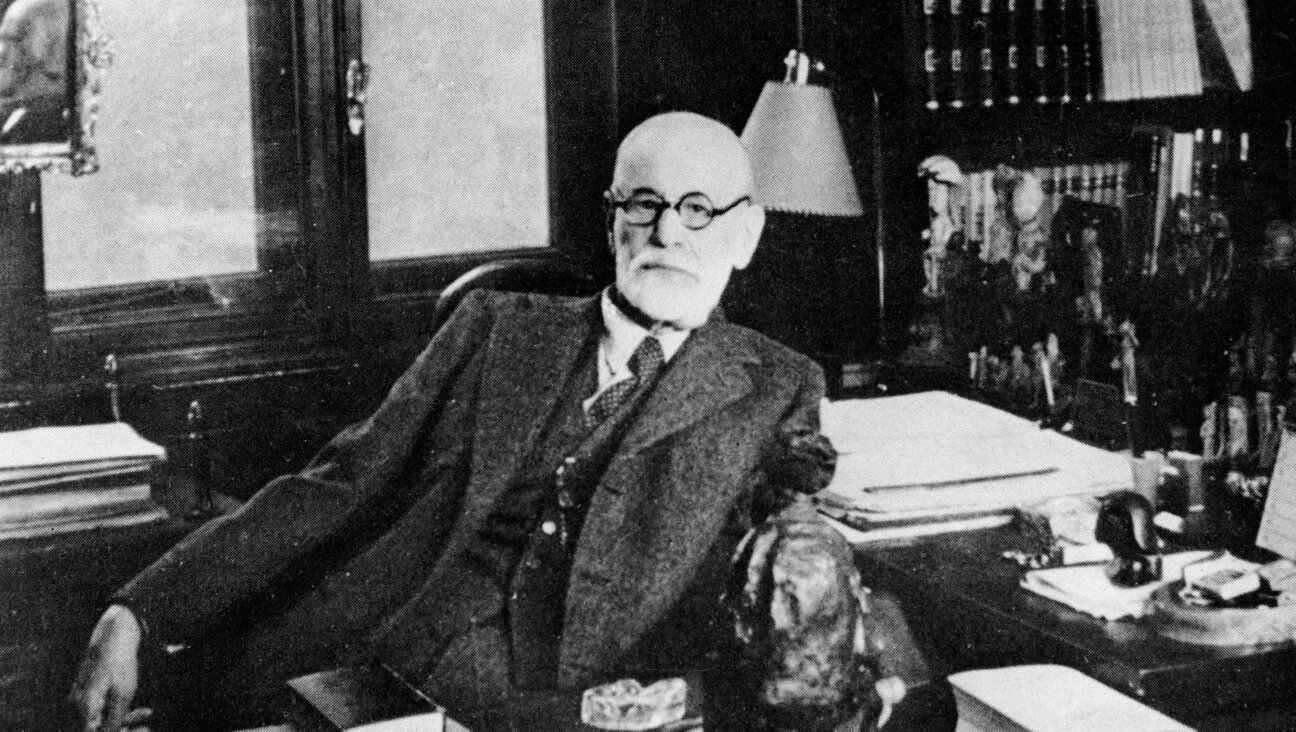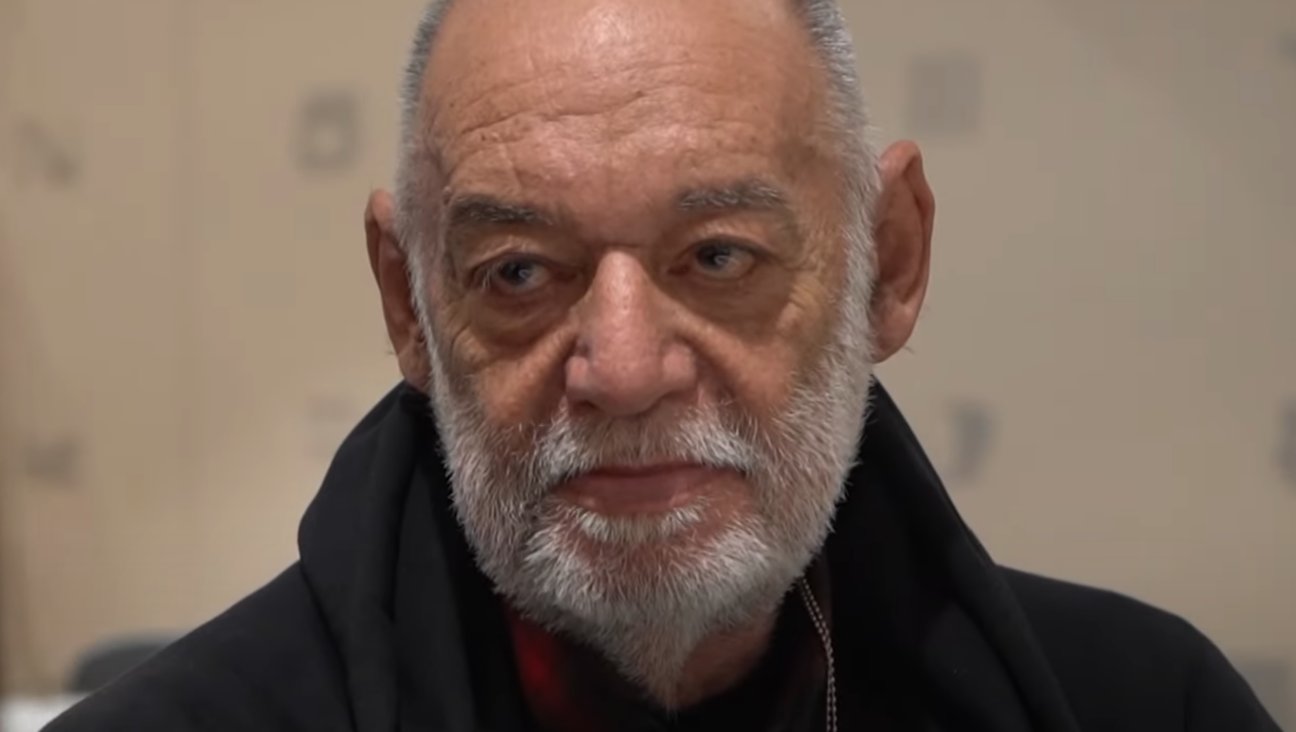The Gift of Giving

Image by Blaise Larmee
Is a panhandler deserving of charity or is the person a threat to public safety? I see the issue altogether differently. When a stranger asks me for money, I believe that that person is offering me the opportunity to give.
I once read that it is no more ethical to give than to receive. Confounded, I struggled with the concept for days. We have been conditioned to associate giving with righteousness and moral superiority. In truth, giving and receiving are in a delicate balance, neither being possible without the other, and neither holding more value. While we may feel a moral obligation to donate, there is a deeper reason that motivates us: It feels good to give. In order for you to experience the joy of giving, there must be someone willing to receive. So whatever your final answer is, the best way to respond when someone on the street asks you for money is to acknowledge that giving is a gift in itself: “I’m sorry, my answer is no, but thank you for asking.”
Many of us worry about what our money will be spent on; however, a gift, by definition, has no strings attached. When you give a relative a check as a birthday gift, do you tell him or her how to spend the money? If that relative bought a bottle of wine, would you despair?
Believing that panhandlers deter downtown shopping, the city of Peterborough in Ontario, where I live, was inspired by other municipalities across the United States and Canada to install “care meters” downtown. Instead of putting money in a human hand, we are encouraged to place our spare change into a brightly painted parking meter. The money is reportedly shared by various local social service agencies.
The care meters were erected despite the fact that food banks, shelters and community groups already offer the basics to those in need. Spare change, unlike a social service, can be used for anything: for a birthday gift, or for a coffee in a cafe instead of in a church basement. Maybe it will be spent on alcohol, just like the average person’s disposable income. If you have some change to offer, that’s great, but it doesn’t confer upon you the right to control or to judge.
Do we really need to have our human interactions mediated by parking meters? If you feel put off, annoyed or righteous when you are asked for money, it may be an indication that you need to look more closely at your own defensiveness and insecurity. I don’t despair when I see people asking for money downtown; instead, my heart is warmed with gratitude at our humanity, our ability to connect and to offer each other the opportunity to give and to receive.
If you want to address systemic issues that lead to homelessness, then donate to an organization that is doing that work. But when you meet a panhandler, remember that the person is asking for a gift, not a savior.
Ziysah von Bieberstein is a parent, activist and spoken word artist living in Peterborough, Ontario.
A message from our Publisher & CEO Rachel Fishman Feddersen

I hope you appreciated this article. Before you go, I’d like to ask you to please support the Forward’s award-winning, nonprofit journalism so that we can be prepared for whatever news 2025 brings.
At a time when other newsrooms are closing or cutting back, the Forward has removed its paywall and invested additional resources to report on the ground from Israel and around the U.S. on the impact of the war, rising antisemitism and polarized discourse.
Readers like you make it all possible. Support our work by becoming a Forward Member and connect with our journalism and your community.
— Rachel Fishman Feddersen, Publisher and CEO























